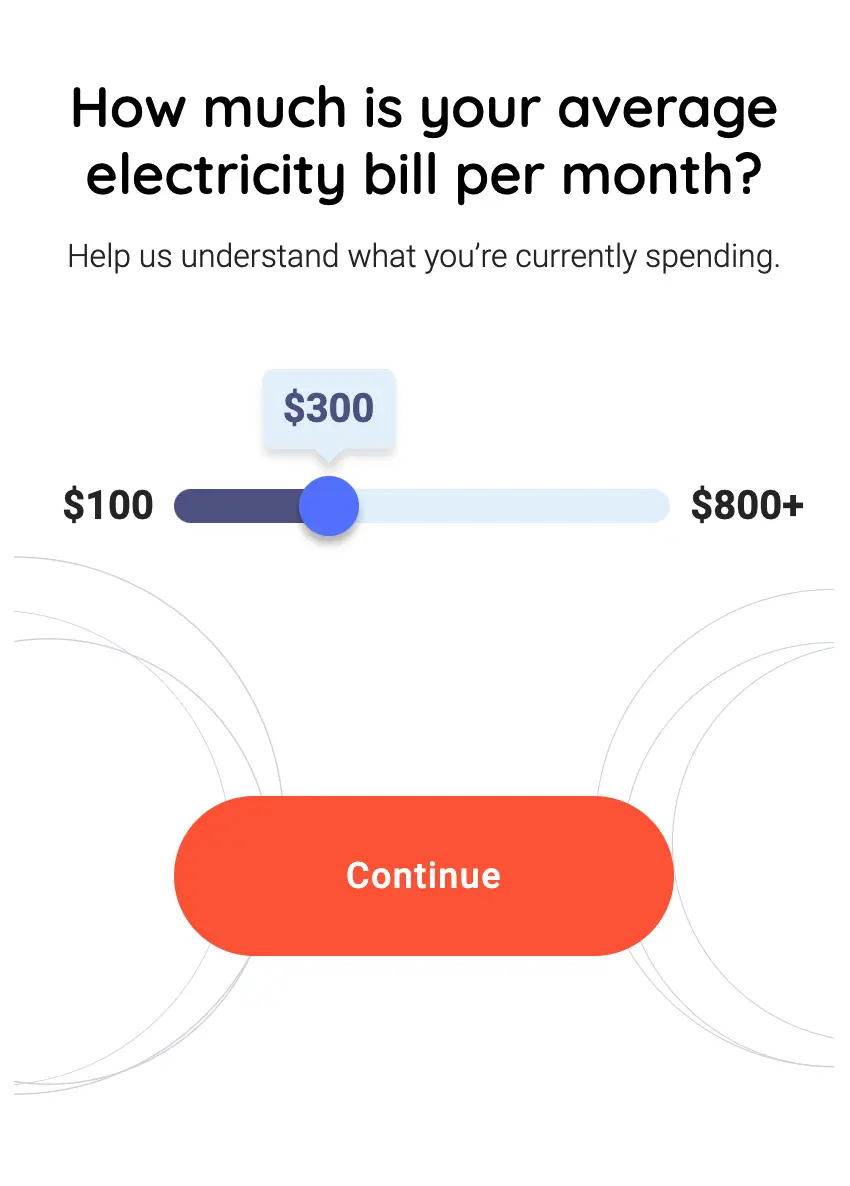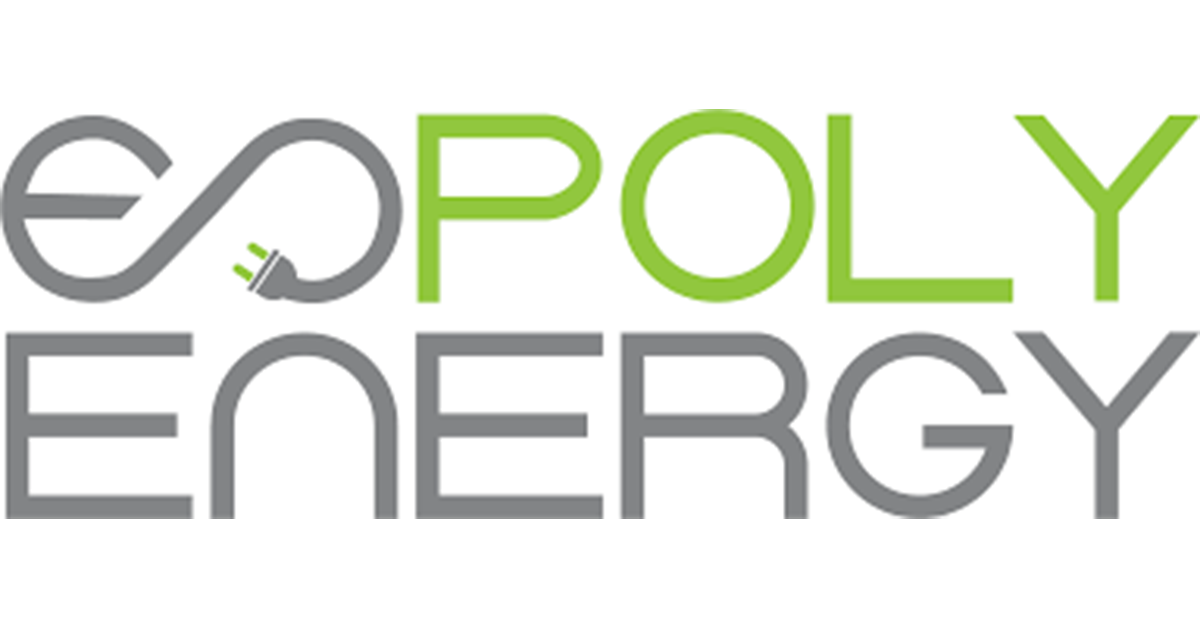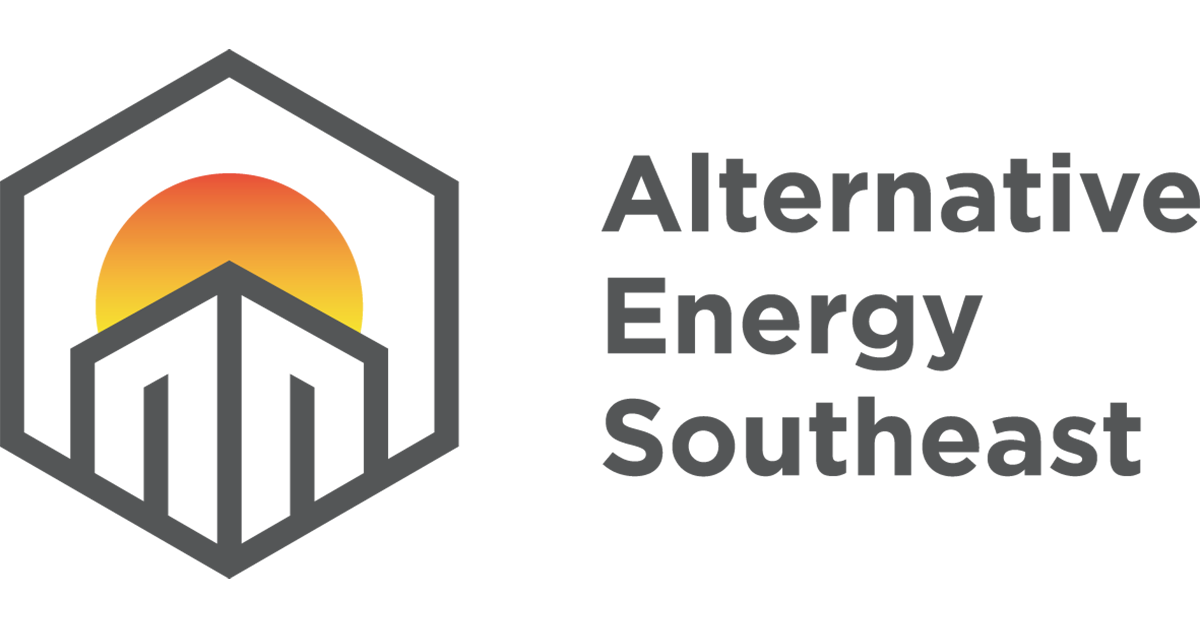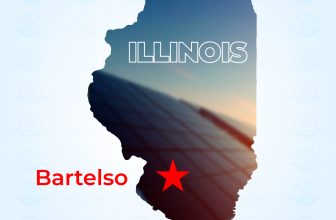Find the Best Solar Installers in Twin City, Georgia
Discover companies with proven track records, excellent customer reviews, and a commitment to service and quality. Here’s our curated list of Twin City, Georgia’s most reliable solar installers to start your solar journey with confidence.
| Year Founded | 2017 |
| Company Website | mypolyenergy.com |
| Areas Served | FL, GA, IL, NY, NC, SC |
| Services Offered | Installation, Financing, Roofing, Electrical Contracting, General Contracting, Solar Repair & Maintenance |
| Panel Options | monocrystalline, polycrystalline, and thin-film panels |
| Battery Installations | lithium-ion batteries |
| Certifications | BBB |
Poly Energy is our top choice in with a score of 4.5. Here’s why:
- Started in 2017, they know solar inside and out and really care about their customers.
- They provide a wide range of solar services — Installation, Financing, Roofing, Electrical Contracting, General Contracting, Solar Repair & Maintenance — whatever you need to get a system set up and running.
- They work all over FL, GA, IL, NY, NC, SC, bringing solar energy to local homes and businesses.
- Poly Energy is doing quality work, has a good online reputation, and is trusted by locals, as shown by many positive reviews.
| Year Founded | 2007 |
| Company Website | altenergyse.com |
| Areas Served | GA |
| Services Offered | Installation, Financing, Architecture, Roofing, Solar Repair & Maintenance |
| Panel Options | monocrystalline, polycrystalline, and thin-film |
| Battery Installations | lithium-ion battery |
| Certifications | NABCEP, GSEA |
Alternative Energy Southeast is our top choice in with a score of 4.8. Here’s why:
- Started in 2007, they know solar inside and out and really care about their customers.
- They provide a wide range of solar services — Installation, Financing, Architecture, Roofing, Solar Repair & Maintenance — whatever you need to get a system set up and running.
- They work all over GA, bringing solar energy to local homes and businesses.
- Alternative Energy Southeast is doing quality work, has a good online reputation, and is trusted by locals, as shown by many positive reviews.
See full Alternative Energy Southeast review.
| Year Founded | 2001 |
| Company Website | southeastsolarpros.com |
| Areas Served | SC |
| Services Offered | Solar panel installation, Solar system design, Solar system maintenance, Solar system repairs, Solar energy consultation, Financing options, Energy efficiency solutions |
| Panel Options | monocrystalline and polycrystalline solar panels |
| Battery Installations | lithium-ion batteries |
| Certifications | BBB |
Southeast SolarPros is our top choice in with a score of 4.6. Here’s why:
- Started in 2001, they know solar inside and out and really care about their customers.
- They provide a wide range of solar services — Solar panel installation, Solar system design, Solar system maintenance, Solar system repairs, Solar energy consultation, Financing options, Energy efficiency solutions — whatever you need to get a system set up and running.
- They work all over SC, bringing solar energy to local homes and businesses.
- Southeast SolarPros is doing quality work, has a good online reputation, and is trusted by locals, as shown by many positive reviews.
See full Southeast SolarPros review.
| Year Founded | 2009 |
| Company Website | palmetto.com |
| Areas Served | AZ, CO, CT, FL, GA, IL, MD, MA, MI, MS, NV, NJ, NM, NC, OH, PA, RI, SC, TX, VA, WI |
| Services Offered | Installation, Financing, Energy Auditing, Roofing, Electrical Contracting, Solar Repair, Maintenance |
| Panel Options | monocrystalline, polycrystalline, thin-film |
| Battery Installations | Lithium-Ion, AGM, Lead Acid. |
| Certifications | NABCEP, SEIA |
Palmetto is our top choice in with a score of 4.0. Here’s why:
- Started in 2009, they know solar inside and out and really care about their customers.
- They provide a wide range of solar services — Installation, Financing, Energy Auditing, Roofing, Electrical Contracting, Solar Repair, Maintenance — whatever you need to get a system set up and running.
- They work all over AZ, CO, CT, FL, GA, IL, MD, MA, MI, MS, NV, NJ, NM, NC, OH, PA, RI, SC, TX, VA, WI, bringing solar energy to local homes and businesses.
- Palmetto is doing quality work, has a good online reputation, and is trusted by locals, as shown by many positive reviews.
| Year Founded | 2017 |
| Company Website | southcarolinasolarproject.com |
| Areas Served | SC |
| Services Offered | Installation, design, solar energy storage, maintenance, and solar energy consultation. |
| Panel Options | Monocrystalline, polycrystalline, thin-film, and hybrid. |
| Battery Installations | Lithium-ion, and lead-acid. |
| Certifications | NABCEP, UL, IEC, CEC, ETL, MCS |
South Carolina Solar Project is our top choice in with a score of 4.6. Here’s why:
- Started in 2017, they know solar inside and out and really care about their customers.
- They provide a wide range of solar services — Installation, design, solar energy storage, maintenance, and solar energy consultation. — whatever you need to get a system set up and running.
- They work all over SC, bringing solar energy to local homes and businesses.
- South Carolina Solar Project is doing quality work, has a good online reputation, and is trusted by locals, as shown by many positive reviews.
See full South Carolina Solar Project review.
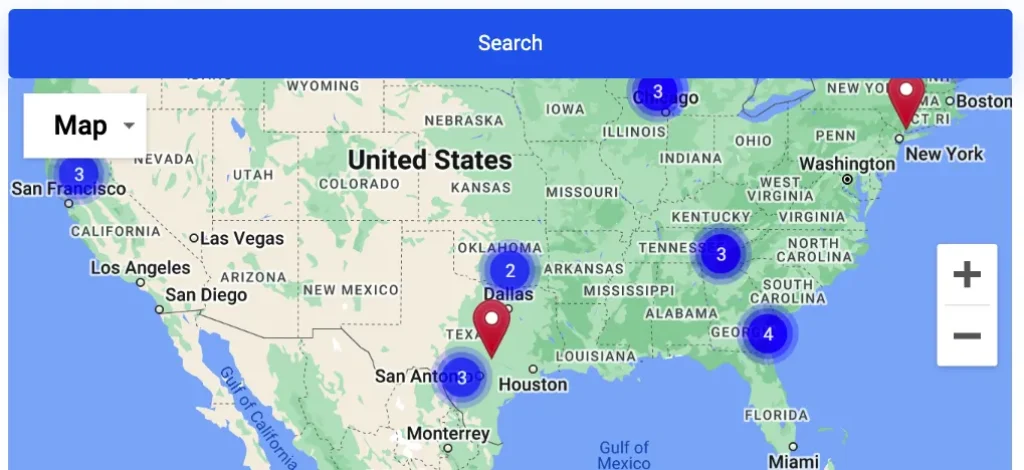
Use the Search Form to find more local solar installers in your area. Enter the Address or Zip Code and choose the distance range from your location.
How Much Can Solar Panels Save Me in Twin City, Georgia?
Finding out how much you can save on solar in Georgia is not a straightforward answer. It depends on several factors, including the solar billing of your utility company, the size of a potential solar system on your roof, and your household’s energy consumption. While most solar installers will try to cover all your electricity needs, the actual savings will depend on your home’s unique conditions. To get a personal estimate of how much you could potentially save by going solar, fill out a simple form on our website, use Google’s Project Sunroof solar savings calculator, or consult with a couple of local solar installation companies for a personalized savings calculation.
Solar Financing Explained
You can pay for solar panels in a couple of ways.
- Cash
- Installer solar loans
- Personal loans
- Cash-out refinance or HELOC
- Solar Leases or Power Purchase Agreements (PPA)
First, there is a cash purchase, which in most cases provides the best price and long-term savings, but the upfront payment is not always what you can afford. If you want to own your solar panels and don’t have about $15,000 to $20,000 in the bank, you’ll have to choose solar panel financing.
You can consider a personal loan, a home equity line of credit, or a solar loan offered by the solar company. However, keep in mind that these loans come with interest and additional fees. Solar loans often are tied to dealer fees, which can increase the total cost of your solar system by 20% or more in exchange for a lower interest rate. To ensure you get the best possible deal, it is wise to compare the dealer fees and interest rates offered by different installers. This way, you can make an informed decision based on the most favorable terms available.
Some companies offer solar leases or PPAs that require zero upfront cost. But in such case, you don’t own solar panels and you are not eligible for any solar rebates or the federal tax credit. And, because you have to pay the solar company monthly, your total solar savings will be lower. Ask for detailed savings calculations from a solar installer to decide on the best option. In most cases, you will still be paying less for electricity.

Frequently Asked Questions
How We Rank Solar Installers
Our main goal is to provide homeowners like you with top-rated solar companies you can trust. Our solar experts analyzed thousands of local and nationwide installers to get to the bottom of who is best in a specific location. The solar company ranking methodology is based on gathering input from homeowner surveys, consulting with industry experts, and extensive research into the solar energy market. Here are the things we believe are the most important to consider when choosing a solar company.
In short, here’s how we pick top installers:
-
- Company that has been in business for over five years as it indicates stability, reliability, and successful installations.
-
- Local solar companies over big national ones covering multiple areas as they can provide better personal attention and know more about the solar needs and regulations in their area.
-
- Companies with hands-on experience and a wealth of projects under their belt are more likely to deliver efficient and timely installations that cater to specific customer needs.
-
- Companies that handle their own installations instead of outsourcing to subcontractors ensure a higher caliber of work and nurture a culture of excellence and accountability in service.
-
- Select a company that has a good overall reputation and reviews on sites like SolarReviews, BBB, Google Maps, and Yelp.
-
- The company is licensed, insured, and holds relevant certifications such as NABCEP certification.
-
- Companies that offer a wide selection of high-quality solar panels and related products and work with reputable brands.
-
- Companies that provide flexible financing options such as solar loans, leases, or power purchase agreements.
-
- Installers that provide substantial workmanship warranties and system performance guarantees.
Read more: Our Methodology.
What to Look for In a Solar Company:
To ensure that you partner with a great provider that can meet your needs of going solar, look for the following:
-
- Make sure the solar installer has industry-standard certifications, such as those from the North American Board of Certified Energy Practitioners (NABCEP), indicating that they meet the gold standard in renewable energy installations. Also, verify if they are licensed, bonded, and insured for residential solar projects in your area. If subcontractors are involved, check their credentials as well.
-
- Prioritize installers with a proven track record in solar installations, ideally with at least 5+ years of experience. Ask about the number of systems they’ve installed and their project portfolio. A competent installer should openly discuss the solar panels, inverters, and batteries they use if they help to take advantage of local solar incentives and rebates, and warranty coverage specifics.
-
- Your installer should be forthcoming about the installation process and answer any questions you might have, like “How many solar panels will I need? Why?”, “Can you give me a detailed cost breakdown based on my energy consumption?”, “What solar panel brands do you install? Why?”, etc. They should also be transparent about their use of subcontractors, detailing their roles and how their work will be supervised.
-
- A preliminary evaluation of your roof’s condition is the groundwork. The installer should advise on necessary repairs to ensure it’s ready for solar panel installation and clarify responsibilities for any potential roof damage during the process. Discuss aesthetic concerns, such as the placement of solar panels around roof vents or the possibility of relocating vents for a more visually appealing setup.
-
- Check the installer’s reputation through online reviews and testimonials. They should be able to connect you with past customers willing to share their experiences. Personal recommendations from friends or neighbors who’ve gone solar can also be invaluable.
-
- Solar installation costs can vary widely, so obtaining multiple quotes is advisable. Experienced installers will adjust their offers to your home’s specifics—size, energy needs, etc. For an objective cost comparison, calculate the price per watt of the proposed system, giving you a standardized basis to evaluate different quotes.
Should You Choose a Local Solar Installer or a Big National Company?
Always choose a local solar company over a big national corporation. Small local companies that operate in a distinct local area are better than multistate and national solar companies and large corporations. It’s the small local companies that get the best reviews on our website, and it’s the national multistate companies that get very poor reviews. Why so, you may ask?
Solar is a local service business, for the most part, and it is extremely difficult to run a solar company and offer good customer service to many locations from a central office.
Local ones have a community connection, they know better the incentives and regulations in the area, and they simply care more about you than large businesses trying to get into your pocket and overprice you. While multistate solar companies might try to convince you by financial stability and “quality of installations across different locations”, try to choose a local company that meets all your criteria.
What Does a Solar Installation in Twin City, Georgia Look Like?
Here’s how a solar system installation will look like once the design for your solar system is approved:
-
- First, a solar installer should estimate your energy needs and analyze your annual and monthly electricity consumption, which you can find on utility bills measured in kilowatt-hours (kWh). Such calculations will help to understand potential savings, payback period, and the system size you need.
-
- A home energy audit is something every experienced solar company would do to understand the size and output needed.
-
- Next question on the list: are your house’s roof conditions good enough for installation? A solar installer should carefully inspect the roof and ensure its conditions and orientation are good to go, how and where to better place solar panels and wire the system.
-
- Next, they will design the system and show you how it’s going to look.
-
- You will usually need a permit to install solar panels from your local authorities, and the solar provider should handle all the paperwork.
-
- The entire process might take up to 3 months, depending on the state and local regulations, while the system installation is usually up to 3 days (might take longer depending on roof conditions and system complexity).
-
- The installation crew should always clean up and remove any debris, leaving your house in good condition.
-
- When the system is installed, it should be checked and approved by local municipality inspection.
-
- If you’re connecting your system to the grid, it has to be wired to your local utility system. You’ll apply for connection through your utility company, which will also want to inspect your system to ensure it’s following utility guidelines. Some installers may help you with this step, so always ask. Once you have all the permits, your system will be up and running, powering your home with solar.
